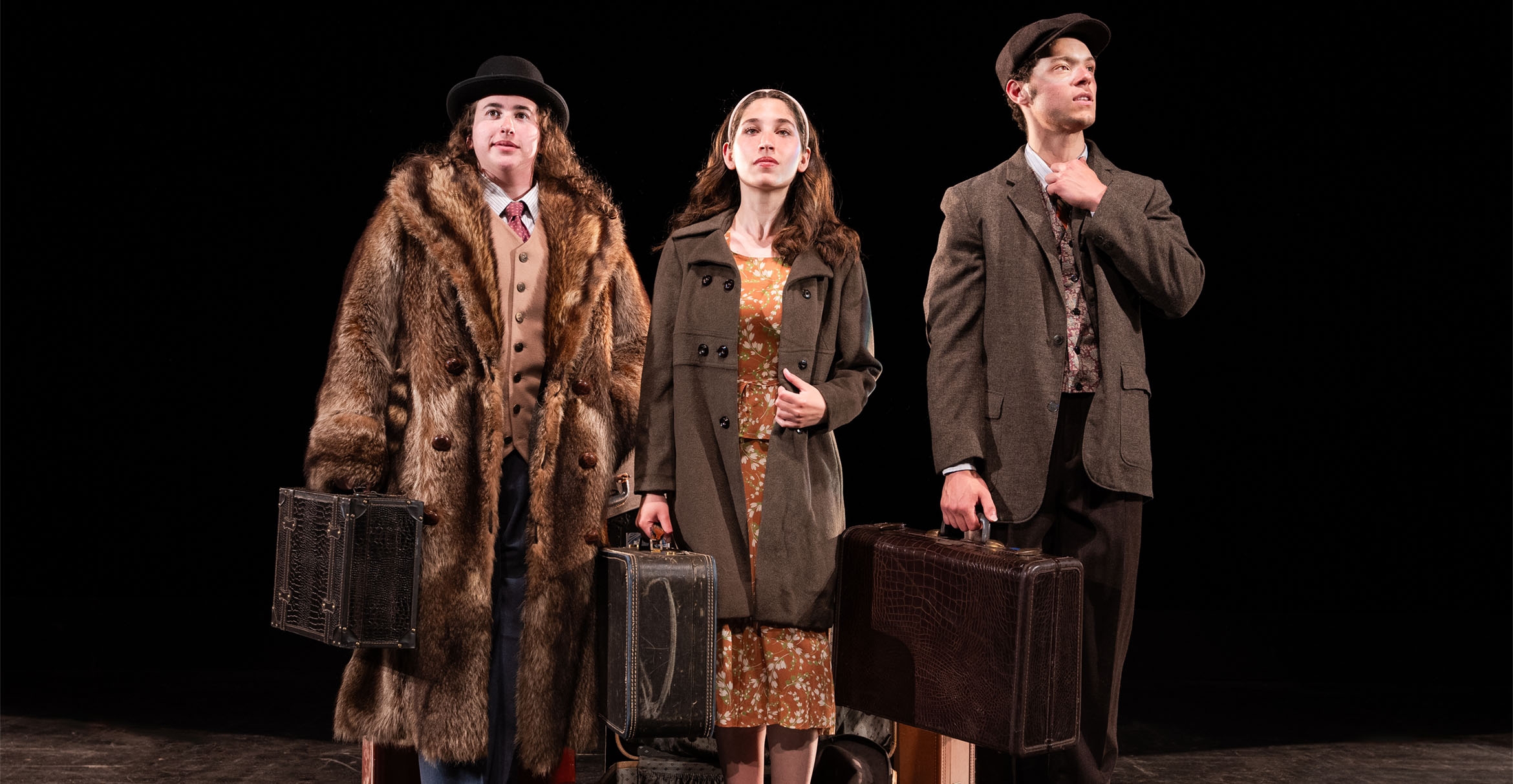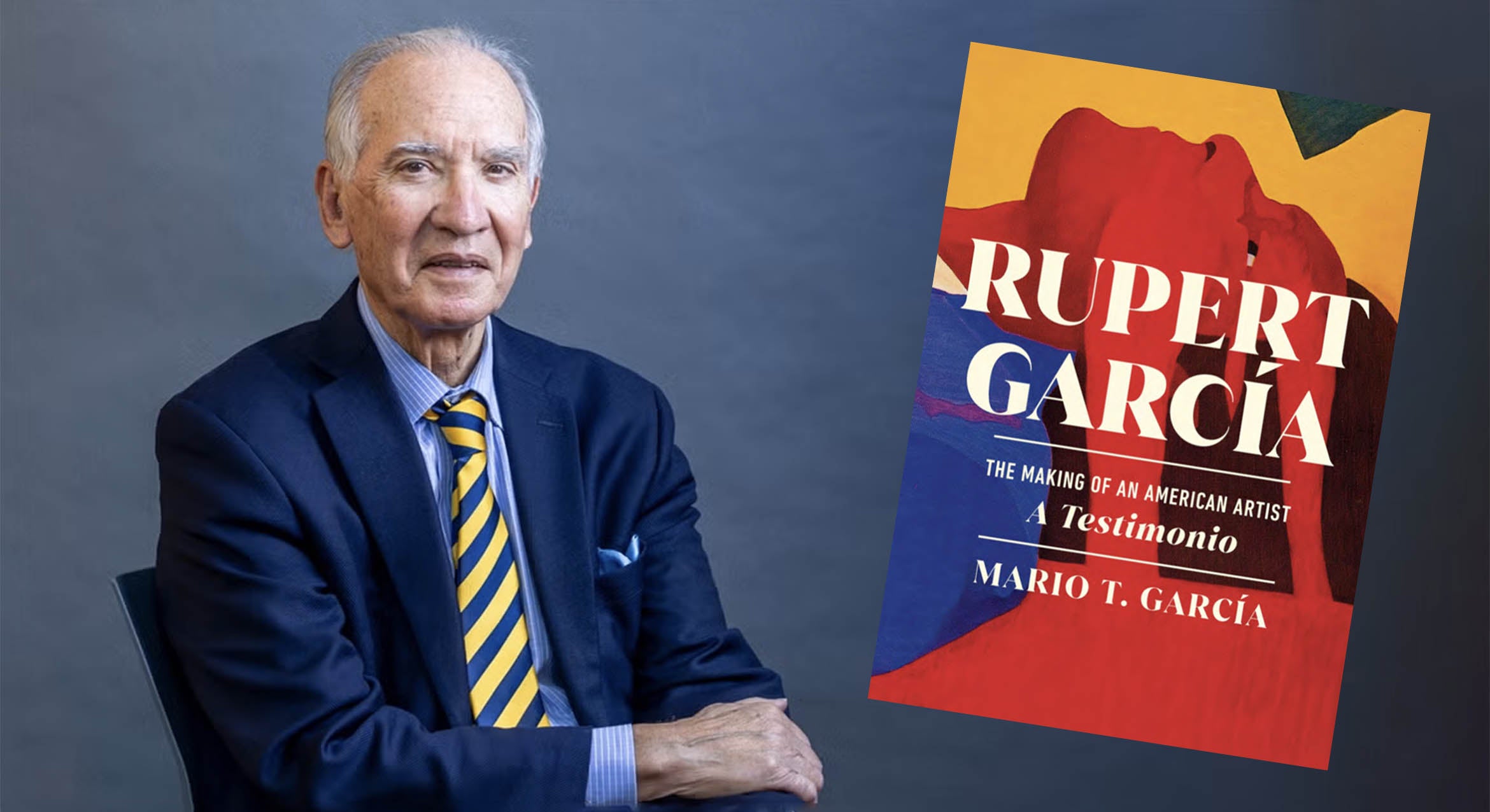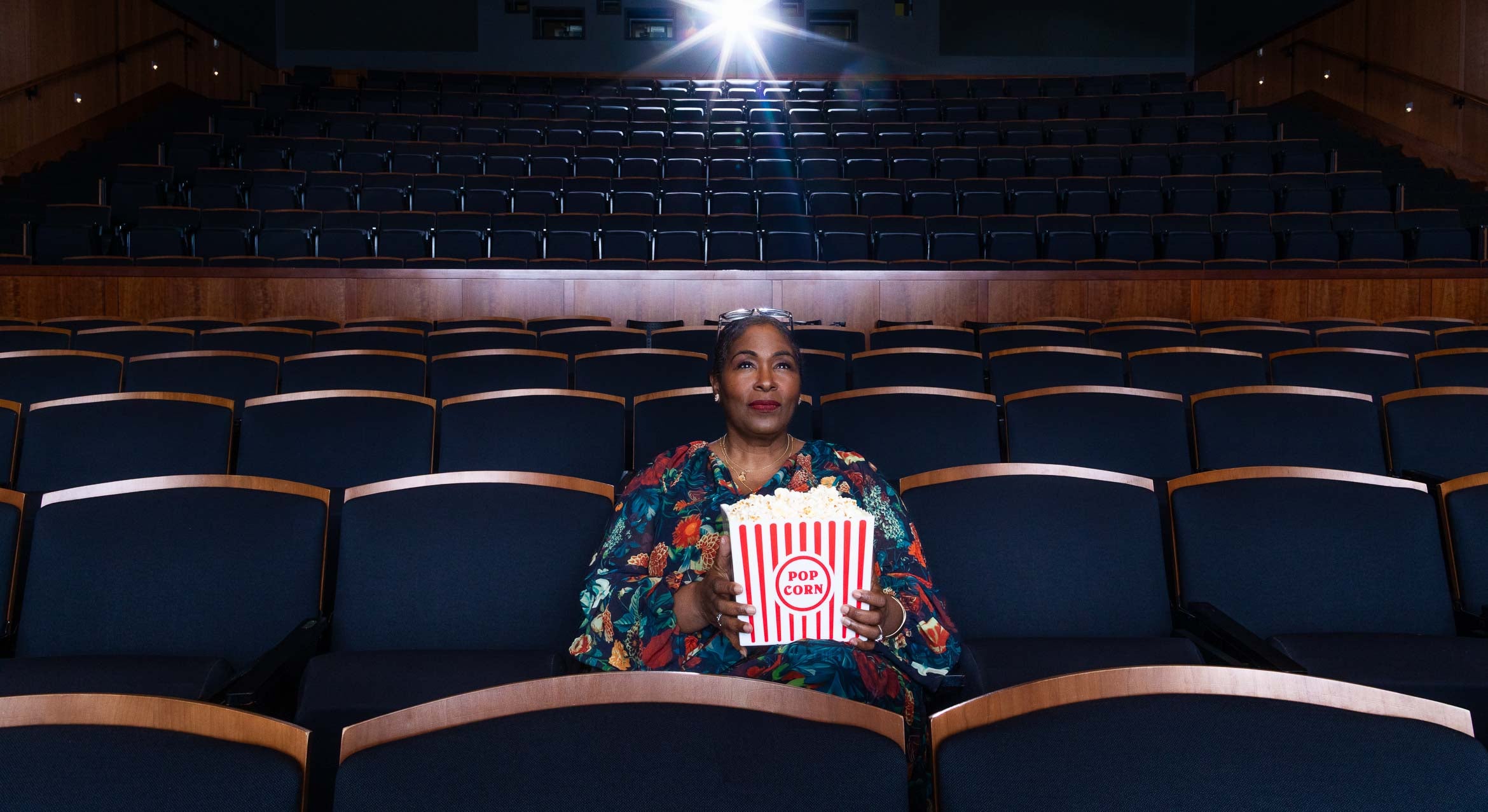
Who gets to speak their truth? Where is the line between free expression and speech that is so inflammatory it has no place in our public spaces? And how does that debate uniquely impact the rights of a persecuted minority?
Those questions, never more relevant than they are right now, are explored in Paula Vogel’s dreamlike 2015 play “Indecent.” The UC Santa Barbara Department of Theater and Dance will present the area premiere of this acclaimed work May 24 through June 1 in the Performing Arts Theater on campus.
“I was lucky enough to see the Broadway production with a friend in 2017,” said director and UCSB alumnus Sara Rademacher. “When we walked out of the theater, we were both speechless in the best way. There was so much in the show, it actually took a while to process.
“Now, as we unearth the play every day in rehearsal, I am more and more convinced of its genius. Each rehearsal provides an additional layer of discovery. It all adds up to an indescribable feeling of raw humanness and connectivity that is absolutely exhilarating.”
“Indecent” tells the story of an earlier play, “God of Vengeance,” by Sholem Asch, a Polish Jew. His 1906 drama tells the story of a brothel owner whose daughter falls in love with one of his prostitutes. Decades before the gay liberation movement began to stir, it presented “a physical relationship between women as natural and even purifying,” as The New York Times noted.
Following successful European tours, the work landed in New York in the early 1920s, produced at a small theater in Greenwich Village. When the producers decided to move it to Broadway, they cut a key love scene between the two women, fearing it would offend audiences and, more importantly, the censors. Even in its truncated version, the play was declared obscene and shut down by order of the city.
The idea of staging the play at UC Santa Barbara “actually came from students,” Rademacher revealed. While its events — a mix of the real and imagined — take place a century ago, its themes remain startlingly resonant.
“I think the play does a beautiful job of exposing the similarities of Western social attitudes in the first half of the 20th century to what we have now,” Rademacher said. “A work of art censored for enacting love between two women is just an example of the fear and hatred toward any minority relationship, group or individual.”
That said, don’t expect a polemic. “The way the story unfolds is nonlinear,” noted designer Greg Mitchell, an associate professor of theater design. “It’s made up of snippets of memory, out of time and out of order.”
Mitchell, who has seen two previous productions of the work, calls it one of his favorite plays of recent decades. He felt its unusual structure required a radically different approach to design.
“Much of what we do in theater design is creating something fake that looks real,” he said. “I think that approach is inappropriate for this play, in which the direct connection between the actor and the audience is so vital.”
With that in mind, “we didn’t make anything out of artificial materials,” he said. “The set that we designed is using platforms that we usually use as subflooring. When we build a set, these will provide a framework; we’ll cover them with something and paint it. Here, we have set it up so you see the outlines and shapes of these platforms.
“We are also taking the back walls of the theater and covering them with pieces of clothing from the period the show covers, which is the early 20th century up to about 1940,” Mitchell added. “A lot of them are old costumes from our stock. In this way, we’re creating a sculptural kind of thing — a memorial of sorts to these people, who are no longer with us.”
Adding to the theatricality, “three musicians play incredible live Klezmer music throughout the production,” Rademacher said. “There are some big theatrical numbers that almost trick us into thinking it’s a musical.
“But while songs in most musicals move a narrative directly, music in this play works more hand-in-hand with other design elements — setting the scene, describing a historical moment and providing cultural context.”
So what is this play about, at its core? “I would say it’s about theater and faith, and how they intertwine,” said Mitchell. “By ‘faith’ I don’t mean religion in particular. I’m talking about a broader faith in humanity. This is a play about Jewish people, but it’s not about Judaism. It’s more about art — and survival.”
“I wanted to direct ‘Indecent’ because it contains and expresses so much love, which is something our world needs right now,” added Rademacher. “There is a breadth of humanity shared and reiterated in a non-didactic way that perhaps only the theater can do.”
“Indecent” will be performed at 7:30 p.m. May 24 and May 28-June 1, and at 2 p.m. on May 25 and June 1. Tickets are $17 ($19 the day of the show), with discounts for seniors, students, staff and alumni.
Shelly Leachman
Editorial Director
(805) 893-2191
sleachman@ucsb.edu



